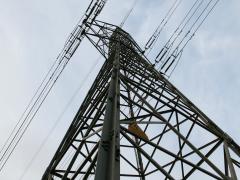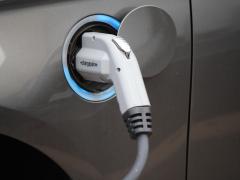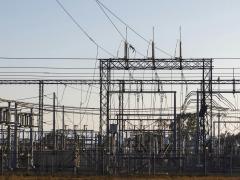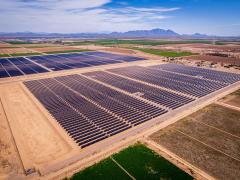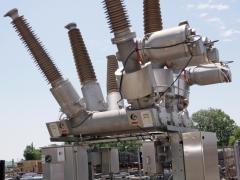Growthpoint Properties will roll out its e-co₂ green energy initiative in October 2025, introducing Africa’s first open blockchain-enabled renewable energy certificate (REC) exchange in partnership with South African energy-tech platform Fuel Switch. This was announced during a webinar on August 21.
The first wheeled green power will supply 10 Sandton office buildings, underpinned by hydropower from the new Boston hydroelectric plant, in the Lesotho Highlands Water Scheme, developed with Serengeti Energy. The programme is supported by a 195 GWh power purchase agreement Growthpoint signed with Etana Energy in 2023, securing a mix of hydro, wind and solar energy.
Through the Fuel Switch platform, each megawatt-hour of renewable electricity supplied to the grid generates a REC, stored on blockchain and linked to its source. Tenants in participating buildings will automatically receive RECs in digital wallets integrated into Growthpoint’s systems with the option to redeem them for Scope 2 emissions reporting or trade them on the voluntary REC market.
Fuel Switch’s technology integrates with the South African REC registry (zaRECs) and the global I-REC system using blockchain, AI and IoT devices for verification. The system enables virtually instant settlement of REC transactions with marginal transaction fees and infrastructure capable of processing more than 10 000 trades per second.
“By combining our e-co₂ wheeled green electricity property portfolio with Fuel Switch’s blockchain technology, we’re opening the green energy market to businesses of all sizes, creating measurable environmental impact and generating real financial value,” says Werner van Antwerpen, Head of Corporate Advisory for Growthpoint.
“Every REC is verifiable, tradeable and audit-ready, fully aligned with evolving IFRS sustainability reporting standards,” says Fuel Switch COO Gideon Maasz.
Maasz also indicated that Fuel Switch is exploring future developments to broaden access to the REC market. These include a potential integration of REC instruments with the Johannesburg Stock Exchange to improve market liquidity, and extending participation to smaller generators and household-scale systems.


